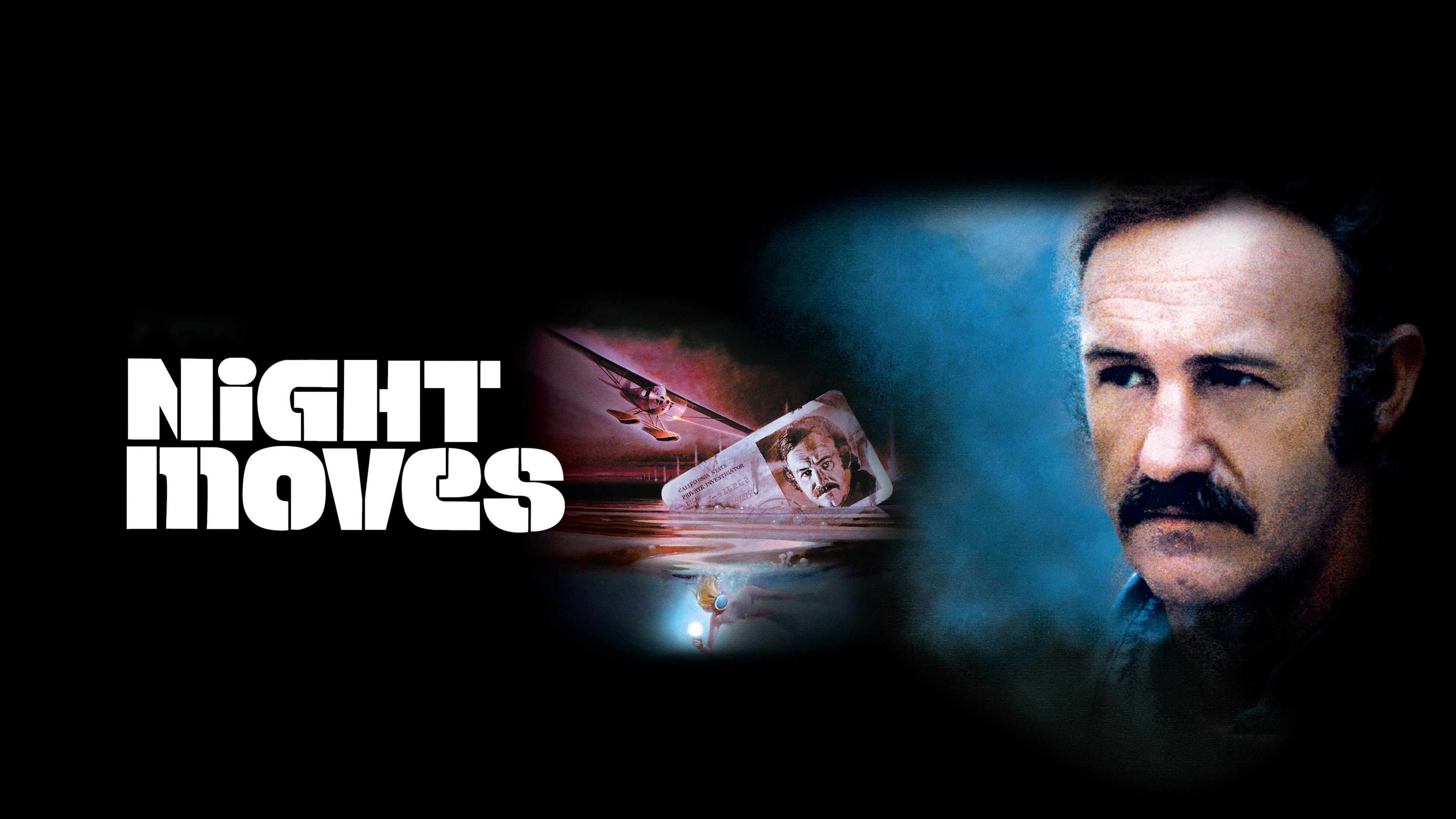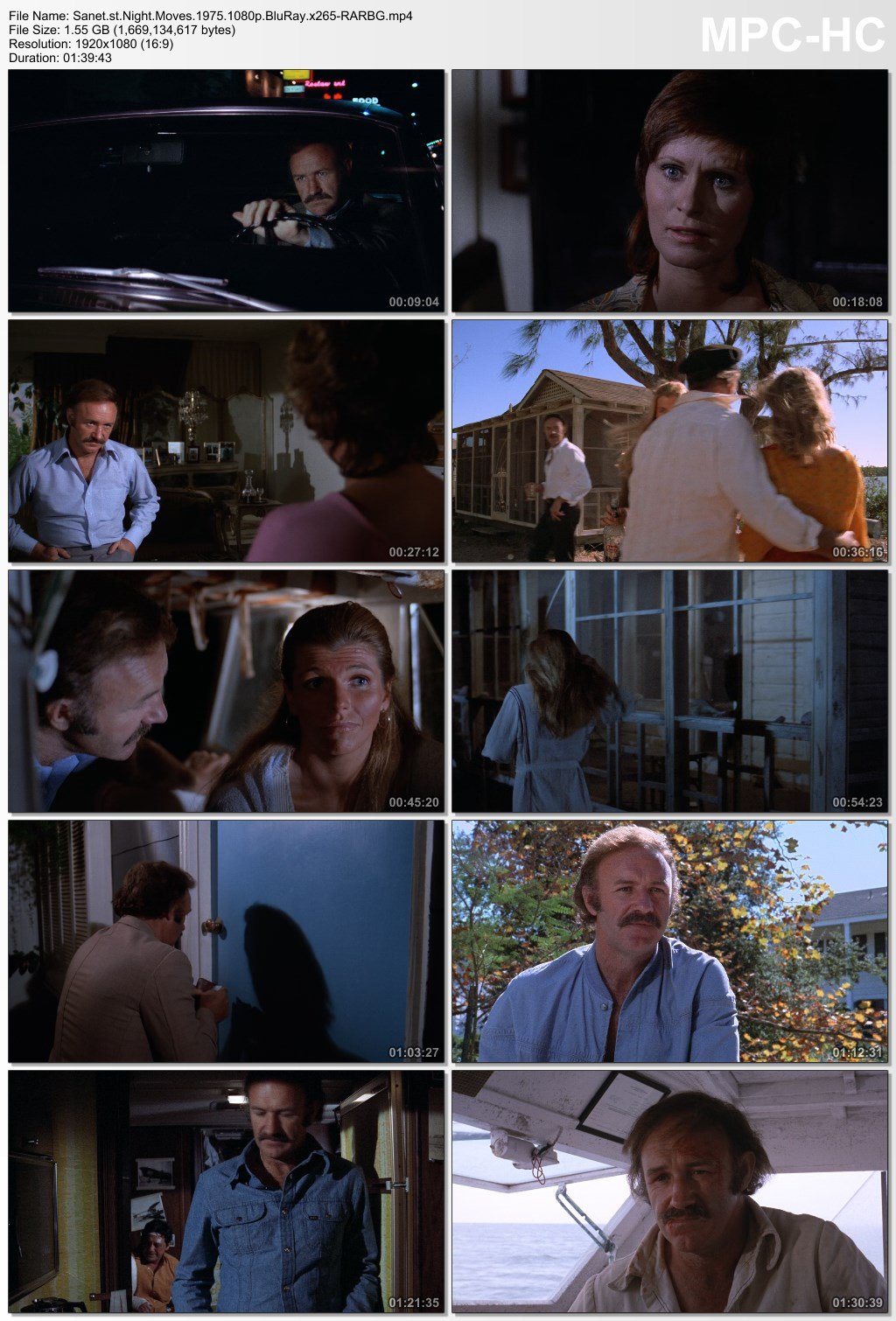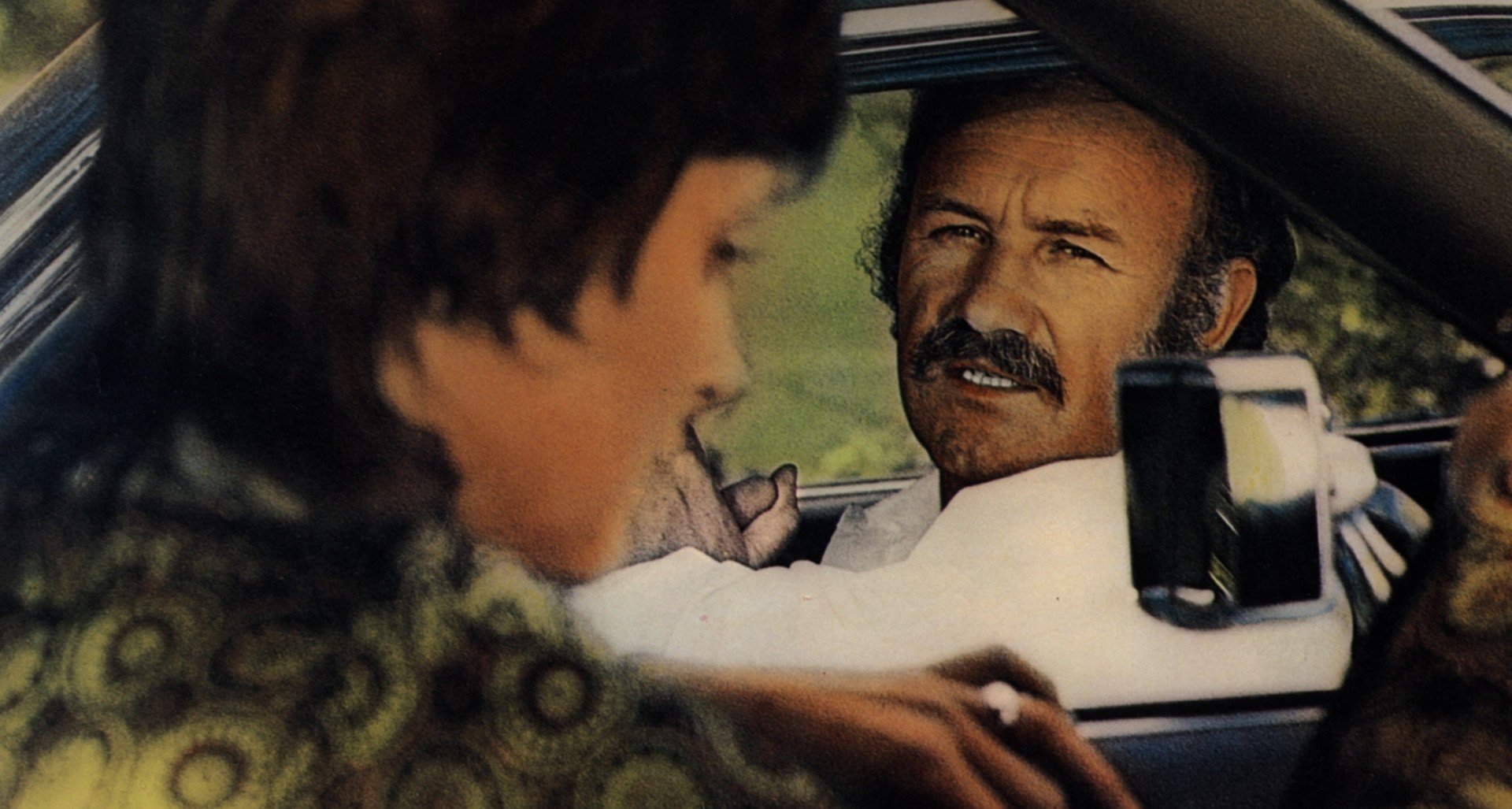
If you want to delve deep into the heart of American moviemaking's rich 1970s, this is as good a place to be as Nashville, Shampoo, Chinatown, One Flew Over the Cuckoo's Nest, Network or Taxi Driver. The Grove Book of Hollywood by Christopher Silvester (Grove Press, 2002)įew movies are as ripe for rediscovery as Night Moves. Six months after the film came and went at the box office, singer-songwriter Bob Seeger had a Billboard Hot 100 hit and near overnight success with his - allegedly unrelated - single "Night Moves."Īrthur Penn: American Director by Nat Segaloff (University Press of Kentucky, 2011)Īrthur Penn interview by Jean-Pierre Coursodon, Cinema (May 1977) (A long-standing rumor maintains that Faye Dunaway turned down Night Moves to costar opposite Jack Nicholson in Chinatown in fact, Dunaway's manager, Sue Mengers, used a nonexistent offer from Penn as a bargaining chip to win her client the role in the Polanski film over short list rival Jane Fonda.) Night Moves also provided early work for rising stars James Woods and Melanie Griffith. Hackman's lumpen gumshoe Harry Moseby has lost nothing in topicality over the course of four decades but it is the minor players who sell the story, none more so than Jennifer Warren as the quirkiest, most conflicted, and yet most oddly appealing femme fatale in the crime film canon.

Key to the film's happy reappraisal is its atypicality and freshness, a quality gained by willful forfeiture on the part of Penn and cinematographer Bruce Surtees of the standard noir curlicues - the high contrast shadows, the smoke-filled rooms, the canted angles - which would have rendered the film at best rote or at worst kitsch. Seldom revisited but never forgotten, Night Moves has enjoyed a slow appreciation of its critical market share over the course of forty years. Penn made one more feature - the similarly maligned revisionist western The Missouri Breaks (1976) - before retreating for a time to theatre. Nine days after Night Moves opened across the nation, Steven Spielberg's Jaws (1975) premiered at the head of a $2 million publicity blitz. Audiences and the majority of the major critics were apathetic to the plight of a private investigator who is unable to solve his big case because he is handicapped by his inability to see his own life with honesty. The filmmaker infused elements of his own life into the Night Moves script and his feelings of failure within the Hollywood community.

Lost in the shuffle of Byzantine plot mechanics, sundry deceptions, twists, and double crosses was Penn's ruminations on identity and the guttering of American self-respect. until 1975, Night Moves had the misfortune to follow Roman Polanski's Chinatown (1973), Robert Altman's The Long Goodbye (1973), and Francis Ford Coppola's The Conversation (1974) into cinemas it emerged during a glut of so-called "neo-noirs" (among these, Dick Richards' Farewell, My Lovely, Stuart Rosenberg's The Drowning Pool, Robert Benton's The Late Show, Michael Winner's The Big Sleep, and Walter Hill's The Driver) films that recalled the postwar noir thrillers but with a contemporary edge.

Shot in 1973 on the tail of a writer's strike and unreleased by Warner Bros.
NIGHT MOVES 1975 X VIDEOS PROFESSIONAL
(In the interim, he helmed a segment of the 1973 Olympics documentary, Visions of Eight, filmed in the aftermath of the massacre of Israeli athletes by Arab terrorists during the 1972 summer games in Munich.) Night Moves represented a departure from his earlier focus on lawbreakers - the folk heroes of the Left-Handed Gun (1958) and Bonnie & Clyde, the convict-on-the-run in The Chase (1966), the Turkey Day litterer of Alice's Restaurant (1969) - and focused instead on a tired Los Angeles PI (Gene Hackman) juggling professional and personal mysteries.

Penn had absented himself from narrative filmmaking (in truth, from creative endeavors of any stripe) for several years, hot off the success of Bonnie & Clyde (1967) and Little Big Man (1970). Sharp's script had been named as a coy reference to the Universal Pictures executive building, known in the industry as The Black Tower in reworking Sharp's original scenario, a mystery set between the strangely complementary milieux of movie-making and artifact smuggling, was to emphasize a telling bit of business in the script about chess playing and the inability (or disability) of its detective hero in seeing the move he should have made. One of the first things that Arthur Penn did when he inherited the Alan Sharp script The Dark Tower from the director-producer team of Sydney Pollack and Mark Rydell was to change the title to Night Moves (1975).


 0 kommentar(er)
0 kommentar(er)
